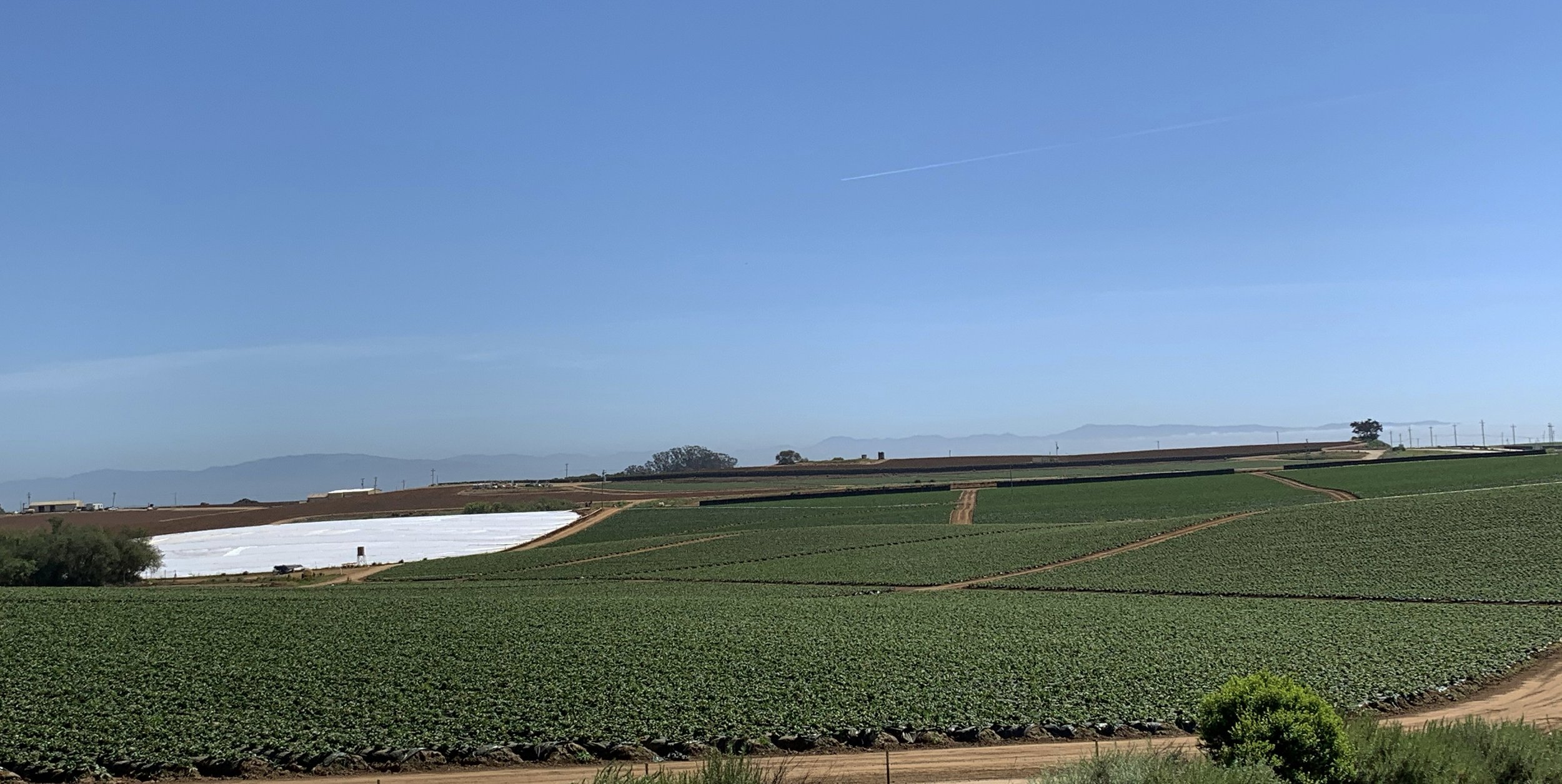Caramela
I am a storyteller from the East side of Salinas, California, and a PhD student in Geography. I focus my studies on consciousness, land, and pedagogy.

I am a storyteller from the East side of Salinas, California, and a PhD student in Geography. I focus my studies on consciousness, land, and pedagogy.

- caramela
- caramela
- caramela
- caramela